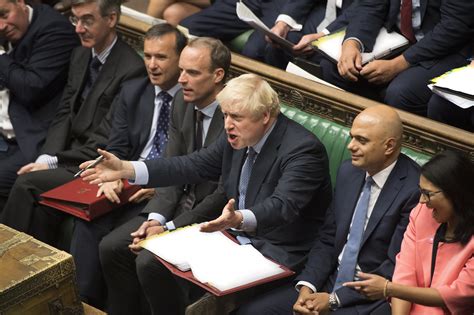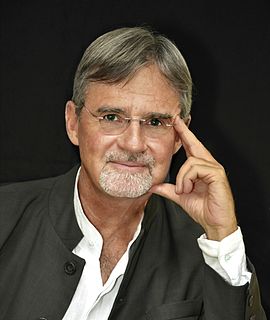A Quote by Zbigniew Brzezinski
We shouldn't overdramatize the current disagreements with the Russians. They are real, but they're not really all that threatening. And the notion that we're moving back to some Cold War I think is really an exaggerated judgment.
Related Quotes
For 40 years we were led to think of the Russians as godless, materialistic and an evil empire. When the Cold War ended, we suddenly discovered that Russia was a poor Third World country. They had not been equipped to take over the world. In fact, they were just trying to improve a miserable standard of oppressive living, and couldn't. They had to spend too much on arms build-up. We didn't win the Cold War; we bankrupted the Russians. In effect, it was a big bank exhausting the reserves of a smaller one.
If I was drunk, I wouldn’t be here at all. And really, this is pretty good for four White Russians.” “White what?” I almost sat down but was afraid the chair might dematerialize beneath me. “It’s a drink,” he said. “You’d think I wouldn’t be into something named that—you know, considering my own personal experience with Russians. But they’re surprisingly delicious. The drinks, not real Russians.
It seemed to me singularly ill-contrived for the British government to be going to war with Hitler when Hitler might have been about to attack the Russians, and even more ill-contrived that, when Hitler did attack the Russians, he had already defeated the French army. What I'm saying is that the war shouldn't have been started in September 1939...from the point of view of Britain, the war was really not a good thing and I would regard it as, in effect, a defeat.
In 1945, at the beginning of the Cold War, our leaders led us astray. We need to think of the Cold War as an aberration, a wrong turn. As such, we need to go back to where we were in 1945 - before we took the road to a permanent war economy, a national security state and a foreign policy based on unilateralism and cowboy triumphalism.
We thought that the odds of things working OK were up in the upper 90 percent or we wouldn't have gone. But the - there were some problems cropped up on the flight but was able to take care of those OK and - although they were things that we hadn't really trained that much for. But it was the time of the Cold War and so there were was a lot of pressure on the - to get going and the Russians were claiming that they were - Soviets were claiming they were ahead of us in technology.
I would say the special experience of American wartime policy in the last 40 years, from Vietnam on, is that the war itself became controversial in the country and that the most important thing we need in the current situation is, whatever disagreements there may be on tactics, that the legitimacy of the war itself does not become a subject of controversy. We have to start with the assumption, obviously, that whatever administration is conducting a war wants to end it.
































